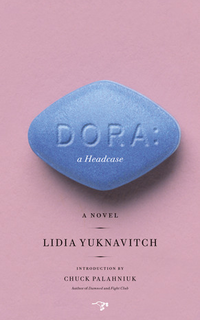Collection
21 Books Written by and About Women That Men Would Benefit From Reading
From Tina Fey's memoir to Margaret Atwood and Octavia Butler's dystopias, these works offer a window into the female experience.
Margaret Atwood is essential reading no matter your gender, and this chilling depiction of a dystopian future is one of her best. In the Republic of Gilead, women's rights have been completely eradicated, and the country is ruled by a racist, homophobic, misogynist, ultra-conservative cult. As Flavorwire editor-in-chief Judy Berman quipped, "This is every woman's worst nightmare that men have never thought about." So think about it.
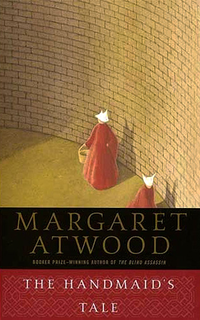
Gaitskill's incredible collection is filled with women walking the borderlands—of sexual experience, of self-actualization, of family. This book digs under your skin, titillates, forces you to re-evaluate everything you ever thought about sex and love and what it means to be a person in the world. This book is terrifying.
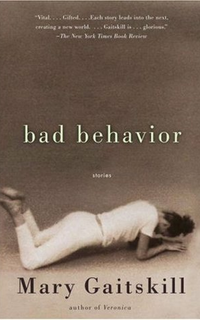
Ausubel's luminous collection is organized around the origins of life—that is, the stages of love, conception, gestation, and birth—but her stories aren't as simple as all that. Men may never be able to feel the fetus in their stomach and be sure that it is a three-headed giraffe, but with this collection, they'll at least get a taste.
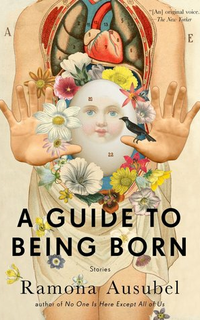
Everyone likes Tina Fey, so this shouldn't be too hard a sell. The comedian's memoir is (obviously) hilarious, but also filled with reflections on being an awkward girl, a woman in show business, and a mother. You bros will be laughing so hard that you won't even realize you're learning about what it's like to be a real-life lady.
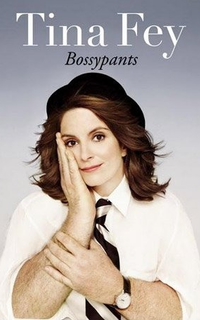
In her aforementioned interview, Meg Wolitzer laments, "Something nebulous and thought-based—a book of ideas—people seem much more willing to have that from a man than a woman." Well, here is exactly that: a loose, penetrating, ruthless, glorious novel about a young journalist making her way through New York City.
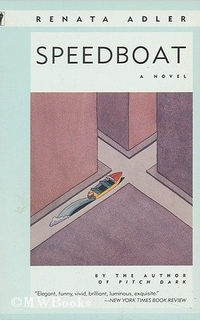
The modern fairy tale, whether in retelling or creation, has become a ripe area for feminist thought, for explorations of sexuality, for wit and irony and vulgarity to seep out of what was once a prim little moralistic package. No one does this better than Angela Carter, whose rich retellings of the classic tales thrum with blood and language.
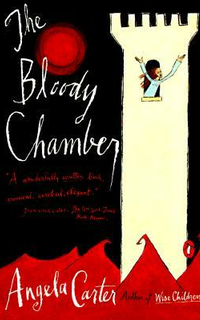
Here's a special lure for all you male readers: girl racing motorcycles across salt flats. Past that, the book is gritty and searing and immediately essential, a subtle novel about art and love and truth and a woman on a knife's edge. Read it.
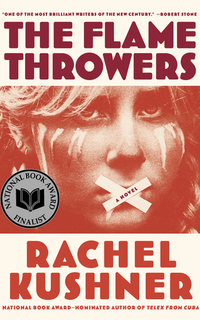
No one does wry brilliance better than Lorrie Moore. In this collection, she will teach you everything you need to know: how to talk to your mother, how to be an other woman, how to become a writer, how to live. Darkly comic and dazzling, it's a way inside the head of all the smart women you've ever known.
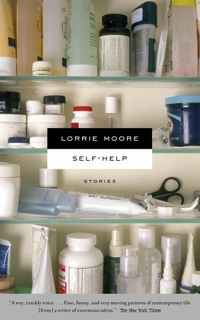
In Heroines, Zambreno traces the impact—or rather, the exiling—of the female experience on and from literature, untangling the stories of "the mad wives of modernism" both historical and fictional, "who died in the asylum. Locked away, rendered safe. Forgotten, erased, or rewritten." Enlightening and intense, it's a must-read.
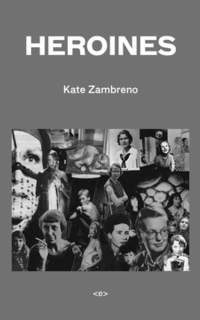
In this novel, a 26-year-old modern black woman is suddenly (and then repeatedly) transported back in time to a slave plantation in the antebellum South, where she is subjected to all the harshest parts of slavery as she protects the son of a slaveowner. Rarely does social criticism come with such incendiary storytelling.
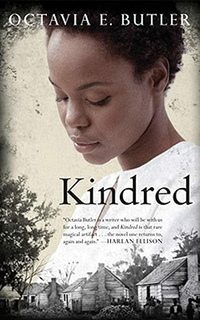
All right, I'm cheating with this one a little, since it can't be properly said to be about women at all—instead, it's about a human man who travels to an alien planet populated by a race of beings who are genderless, or rather unisex, able to assume either binary gender during reproduction. The novel is beautiful and filled with timeless philosophical insights as to the nature of humanity and society—a definite classic I'm happy to make an exception for here.
Yuknavitch's protagonist, the 17-year-old Ida, is a modern reincarnation of Freud's famous bisexual case study Dora, whom our most famous shrink deemed "hysterical." Ida may be a bit "hysterical" too—but she's taking back the term. She's raunchy, irreverent, filled with the desire to strip naked in the middle of "Nordfucks" or shave her head, sidekicked by a beautiful gang of weirdos. "I want to create new girl myths," Yuknavitch said of the book. I think everyone should read them.
